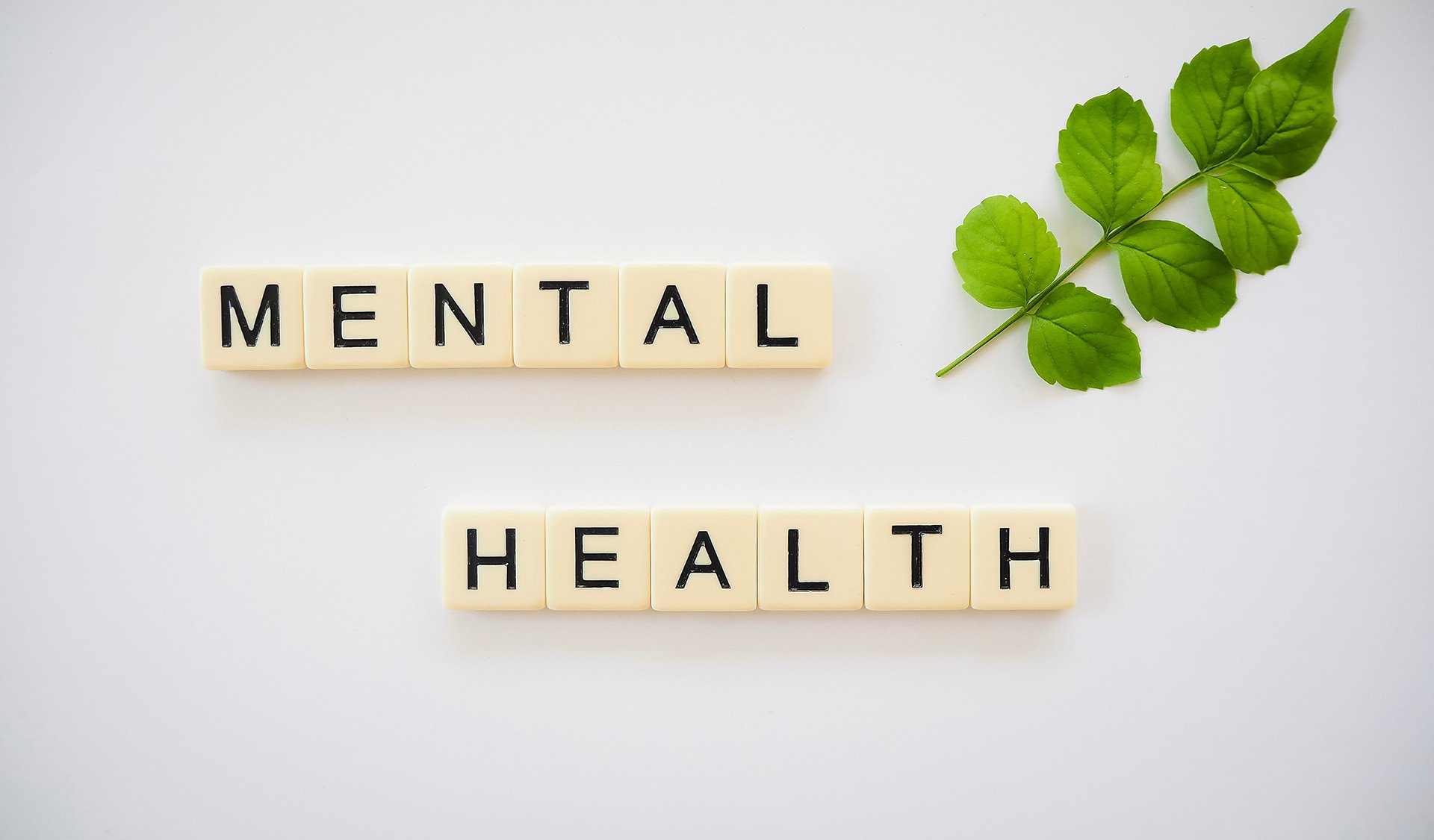
Mental illnesses affect millions of Americans of all ages. This month, Maryvale joins organizations and advocacy groups nationwide to observe Mental Health Awareness Month. May is an excellent time to get informed and work together to adopt acceptance, care, and compassion for those who suffer from a mental health disorder. As an agency that approaches education and mental health services for children and their families, this is a particularly important month for us – and we encourage everyone in our community to think about how they can stay informed and approach mental health as an integrated part of life.
Why Awareness Matters
Professionals in the field have observed Mental Health Awareness Month for over 70 years. The goal of raising awareness is to help everyone – practitioners and members of the public alike - to identify the root causes and impacts of mental illness. In a more informed, caring world, we believe that people can build greater empathy with one another. With more empathy, we hope people will grow in their desire to end suffering when possible. Awareness also helps reduce the stigmas that many people with mental illnesses face. Creating a more familiar set of practices and language around mental health benefits those who are suffering as well as their friends, romantic partners, family members, coworkers, and more. When family members and authorities lack a basic understanding of how mental illness occurs, who it affects, and how to respond to acute issues, people with mental health disorders face risks that could easily be avoided.
How Do Mental Health Disorders Occur?
Mental health disorders are surrounded by myths and untruths. Perhaps the most critical fact about mental health disorders is this: a person’s mental health can change over time. That is to say, just because a person demonstrates symptoms at some point in life does not mean they will be permanently diagnosed with a mental health disorder. According to the Centers for Disease Control & Prevention, roughly 1 in 5 Americans will deal with mental illness at some point in the next year – and up to 50% will experience a mental health issue during their lives. This means that almost everyone has come across a friend, family member, colleague, or acquaintance working through a mental illness.
Mental illness affects both children and adults; however, children are less likely to receive a proper diagnosis and treatment. Most mental health issues will appear in children before their teenage years. Early recognition and treatment can significantly impact development and allow for a healthier maturation process.
In the majority of instances, mental health disorders are not obvious. Common mental conditions such as depression come with symptoms that feel relatable to most people. If persistent sadness, mood swings, fatigue, or an intermittent desire to be alone sound familiar, you can empathize with people who experience depression. Feelings like these are bound to affect most people at some point in their lives, whether or not they are deemed mentally unwell by a professional. As a result, it is fairly easy for a mental health disorder to go unnoticed and untreated. Many high-functioning individuals deal with their mental health disorders in private.
Pay attention if someone you know confides in you that they are struggling and can’t overcome mental health challenges. Your actions can make a tremendous difference as a friend, family member, colleague, or neighbor. Simply by being tapped into what a person needs, you can be proactive in checking in with them, recognize what might trigger problems for them, and remind them that they are not alone.
Preventing and Treating Mental Health Disorders
While some mental health disorders are inherited, many emerge from a person’s lived experience. If there are significant risk factors in a person’s life or if they are repeatedly subjected to abusive or traumatic experiences, it is essential to identify patterns and provide them with support. In a therapeutic environment, treatment will look different for each person, often balancing various modalities of therapy and medication. If you are interested in supporting someone in preventing a mental health condition, try encouraging them to find safe, healthy outlets for their feelings. Journaling, creative activities like drawing or playing musical instruments, and talking openly with people in groups are all beneficial outlets. Feelings of anger or frustration can sometimes be better dealt with through physical exercise or group sports. Another great way to help someone in need is to offer a fresh perspective or new way of looking at a problem that gets them out of trapped thinking. Encourage an individual who is ashamed or fearful of their mental health condition to be gentle with themselves. Self-acceptance and self-love empower people to feel strong in the face of stigmas and social fears.
At Maryvale, our approach to mental health considers a person’s holistic experience, including their family background, sources of trauma, and life circumstances. Through our early education programs and our community-based services, we believe in promoting positive growth and well-being among children, young people, and their families.






